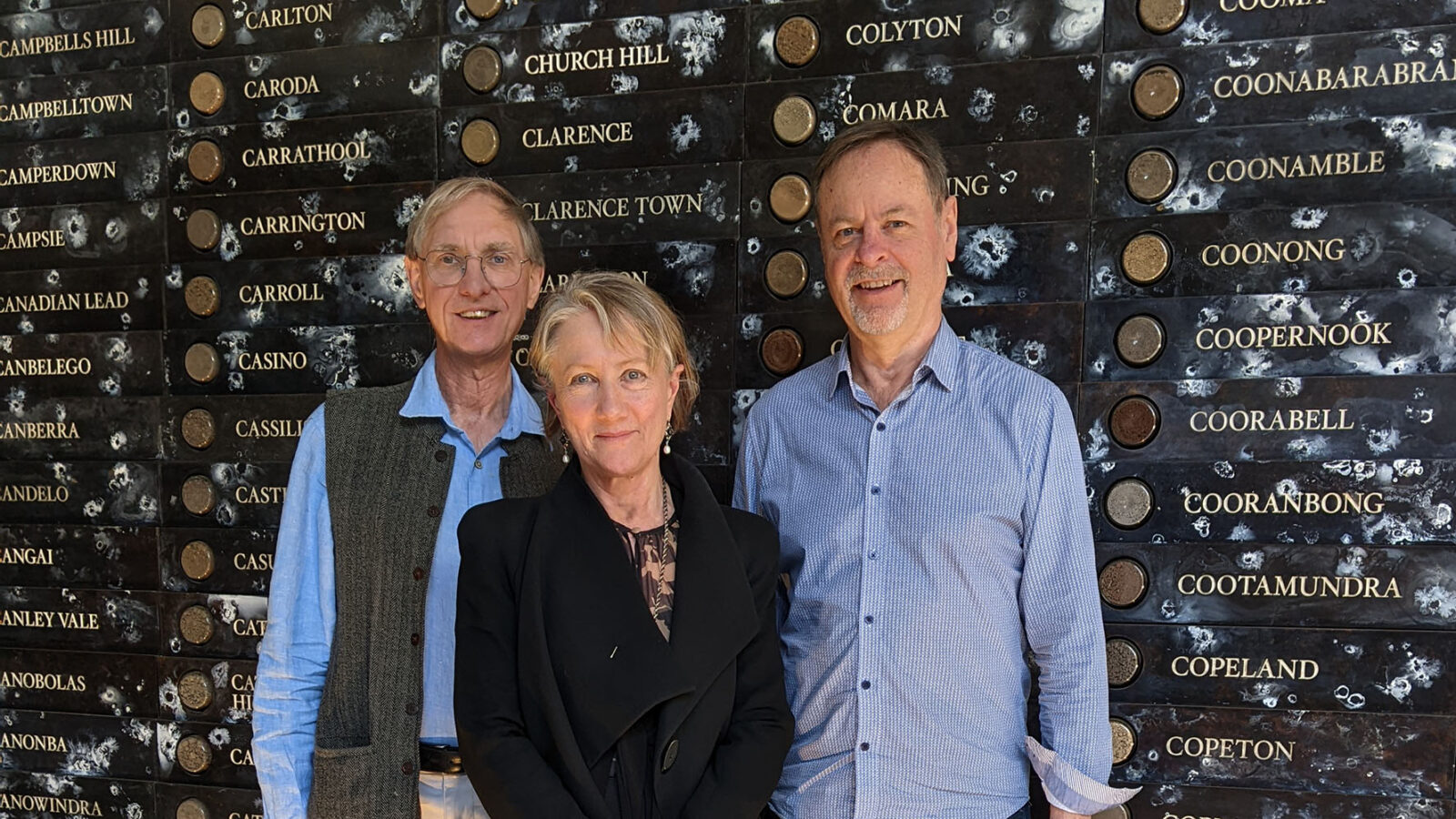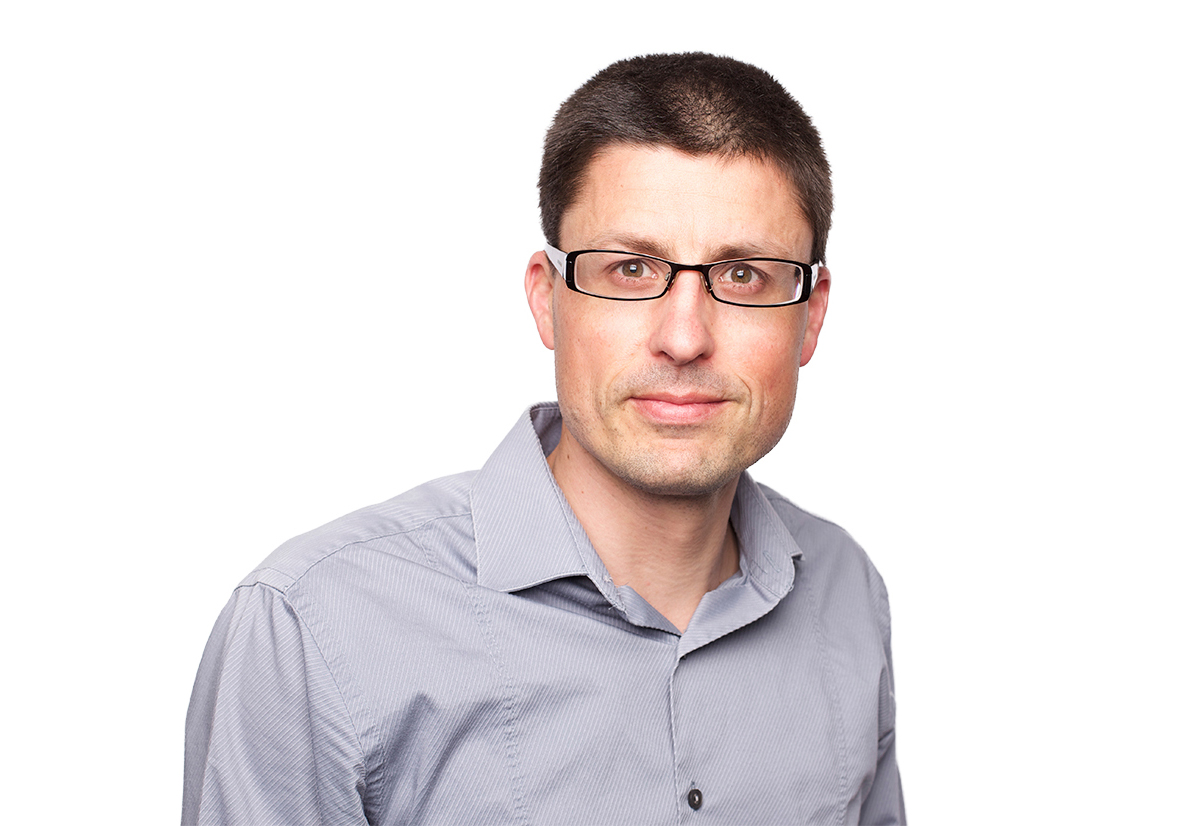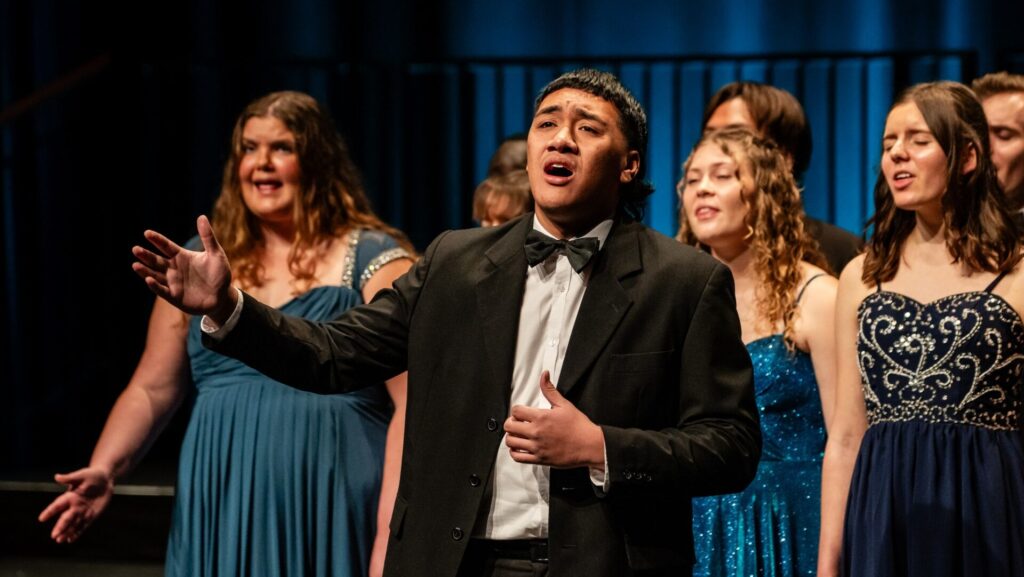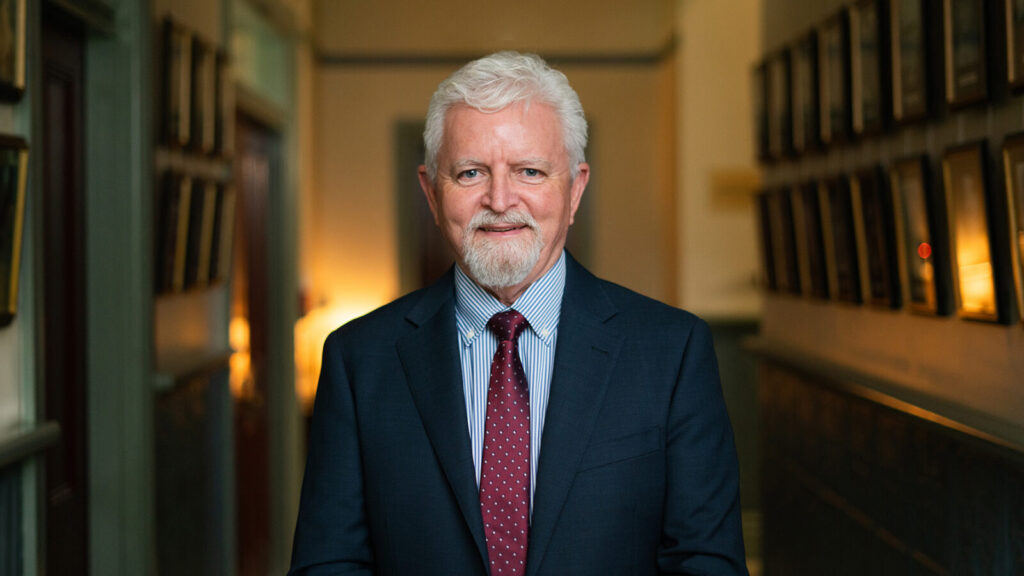An Avondale academic is the inaugural visiting historian at the Anzac Memorial in Sydney’s Hyde Park.
The appointment is “an exciting opportunity to extend my research and contribute to the work of the principal war memorial in New South Wales,” said Professor Daniel Reynaud from Avondale’s humanities and creative arts discipline.
That research includes a doctorate in Australian war cinema, recovery and reconstruction of Australia’s first Gallipoli movie, a biography of Anzac chaplain William “Fighting Mac” McKenzie and a publication record from his reading of the diaries and letters of more than 1000 soldiers of the First Australian Imperial Force.
Dr Reynaud is an expert “across topics such as Anzac food and drink, music, religion as well as Anzac cinema and the evolving role of Anzac in Australian culture,” said the memorial in announcing the appointment. “We look forward to his contribution of in-depth specialist military history expertise.”
The one-day-a-week position will see Dr Reynaud conduct research using items in the collections held by the memorial and the Royal United Services Institute. He tells of reading the diary of an Australian pilot from World War I, “a first for me.” The pilot “witnessed the burial of German ace Manfred von Richthofen, the famous Red Baron.” It is an example of how the appointment is expanding the range of material from which Dr Reynaud can source. “I’ve read the writings of those on the frontline in the infantry, now I’m reading about those in the artillery or the medical corps.”
With Dr Reynaud also publishing articles and presenting seminars, the appointment is a win-win: the memorial “gets academically credible output and Avondale gets enhanced reach and profile,” he said.






